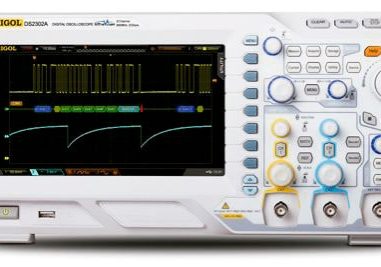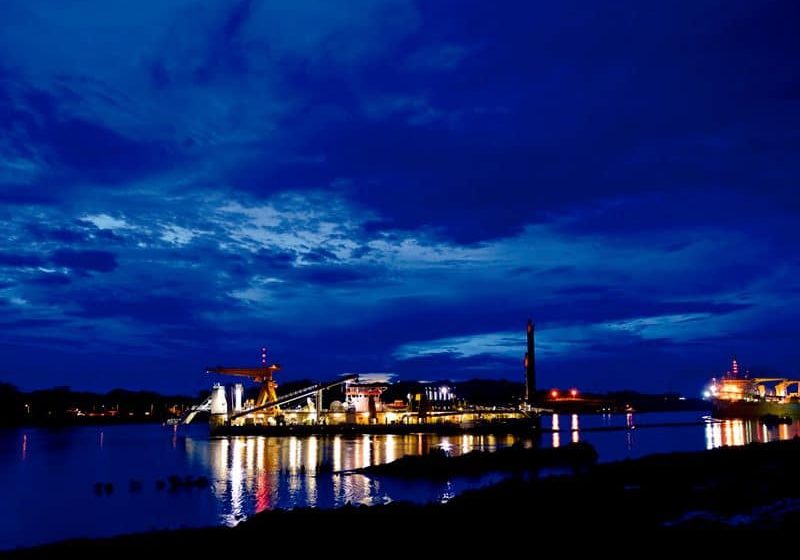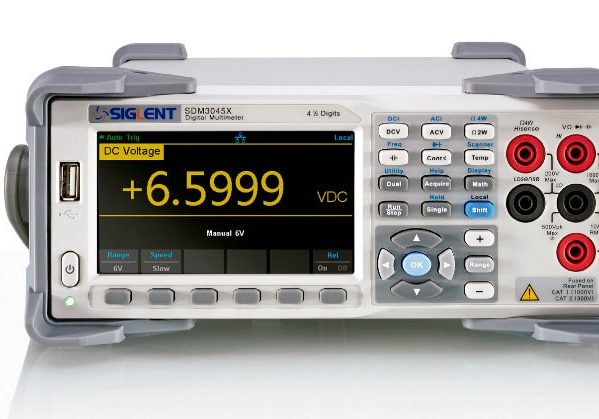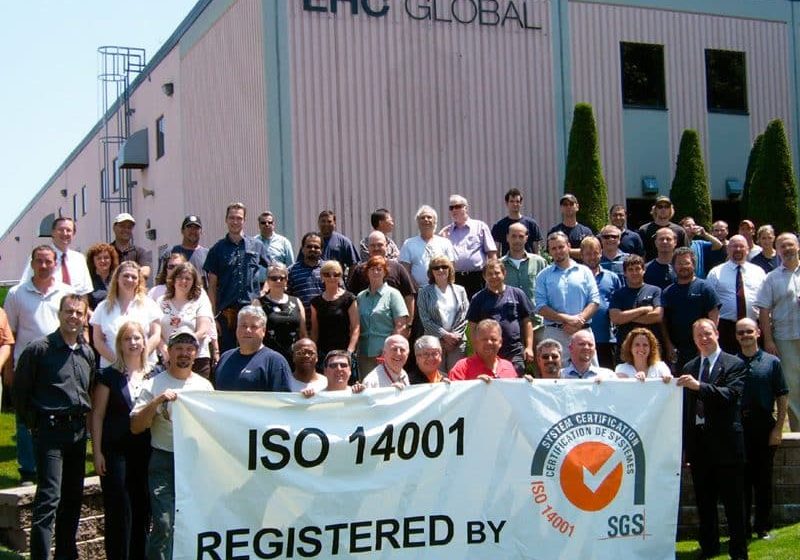Increase Your Elevator’s Lifespan with Preventative Maintenance
Oct 1, 2016
Aging is an inevitable reality. Regular exercise, doctor visits, dental cleanings and routine social interactions contribute to sustainable health and increased quality of life. Just like our health, our homes and vehicles necessitate regular maintenance to ensure they operate properly and retain their value.
Overwhelming testaments to the value of preventative maintenance are prevalent. Why, then, is preventative maintenance an often undervalued aspect of elevator contracts? Preventative maintenance ensures a longer lifespan. This notion is increasingly applicable to one of the most expensive investments a building owner can make. Regular and quality preventative maintenance by experienced mechanics is an opportune way to protect your vertical-transportation investment. Preventative maintenance can affect the safety and livelihood of building owners and managers, elevator mechanics, the riding public and the environment.
Building Ownership/Management
A safe and efficient working environment is a collaborative responsibility shared by building owners, mechanics and the elevator service provider. By following these simple steps, building owners can ensure public safety and adhere to building code.
- Provide a well-lit elevator motor room (EMR). Not only does code require this, but a properly lit motor room assists the mechanics servicing your elevator equipment. This ensures that they can safely and effectively maintain your equipment.
- The EMR should be free of obstructions. It may be tempting to store your holiday decorations and cleaning supplies in the EMR, but this area is strictly reserved for elevator equipment. Improper use of this room can result in damage to the equipment or impair a mechanic’s safety. To ensure code compliance, be sure to store only elevator-related equipment in the room.
- Properly maintain access points to elevator equipment. It is vital to properly maintain and secure a building’s stairs and ladders and to keep the floors clean and pathways free of debris. This includes common building areas and/or tenant property.
- Continuing education. Code updates, equipment innovations and evolving technology stress the importance of continuing education. A well-informed owner and management team only aids in the vertical-transportation partnership. Many contractors offer continuing-education courses for their customers throughout the year and tailor them to your needs. These include information on fire-service training, code updates and management/owner elevator safety tips. Organizations such as Building Owners and Managers Association International will review these programs and consider them for Continuing Professional Development credits. Consider providing and attending continuing-educational programs in an effort to stay on the forefront of emerging technology.
Field Mechanics
Our International Union of Elevator Constructors Local No. 1 and 5 mechanics are trained through the National Elevator Industry, Inc. (NEII®) educational program and have a minimum of five years’ hands-on experience as apprentices. They regularly meet to address safety concerns and maintenance procedures and are an integral component to a successful maintenance program.
- Proper maintenance provides a dual benefit to the vendor and customer. A diligent mechanic naturally reduces the amount of intermittent trouble calls. Regular maintenance reduces call-backs by acting preventatively, rather than reactively. By periodically examining, cleaning and lubricating the equipment, a mechanic is more apt to discover potential equipment failures and propose solutions before a problematic situation arises. It is recommended to spend a generous amount of time with the equipment upon assuming a new contract so the mechanic can highlight and communicate any potential problem areas. This awareness assists in capital planning. Managers and owners can plan their budgets accordingly to account for potential costly repairs. The cyclical nature of this process allows the mechanic to spend more time effectively maintaining the equipment, rather than simply responding to trouble calls. In turn, equipment life can be extended, proving to be a more valuable investment to the customer.
- A dedicated mechanic is integral to a successful program. Regular service with a dedicated mechanic allows him or her to become familiar with the traffic patterns, population and culture of each building. The mechanic becomes familiar with the building’s needs and is able to tailor preventative maintenance to best accommodate them and provide maximum equipment efficiency.
- Proper maintenance provides a safer working environment and fewer shutdowns. Regular maintenance provides a safer working environment for both the mechanic and building occupants. Proper attention to potential safety deficiencies can help avoid unsafe riding conditions for passengers and provides a safer working environment for mechanics.
Environment
- Proper maintenance prevents carbon-dust buildup. Carbon dust can be aggravating to sensitive elevator components, causing them to function improperly. Proper maintenance entails regular cleaning of carbon dust and periodically vacuuming the generator to remove carbon-dust buildup.
- Prevents oil leakage into the ground. Hydraulic elevators with leaky pistons run the risk of potentially penetrating the ground’s surface, causing harmful effects to the environment. It is important to check an elevator’s oil level on a regular basis. You can replace hydraulic system components as a necessary or precautionary measure.
- Promotes energy efficiency. Energy-efficient upgrades, such as soft starts for hydraulic elevators and regenerative drives for traction elevators, can aid in energy conservation. Soft starts help use power more efficiently and reduce power spikes that can cause poor operation. Regenerative drives are useful for traction applications and return unused excess power back to the power grid.
Preventative maintenance is proven to benefit building owners and managers, elevator companies, the riding public and the environment. If you have vertical-transportation needs, adherence to a conscientious, preventative-maintenance program is fundamental to increasing your elevator’s lifespan.
Get more of Elevator World. Sign up for our free e-newsletter.








